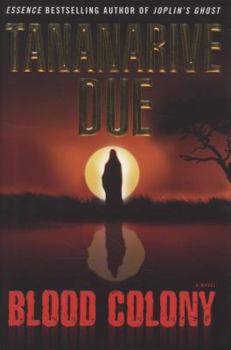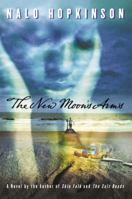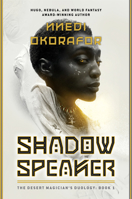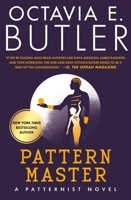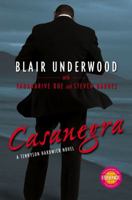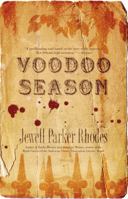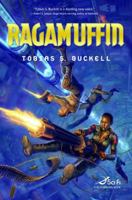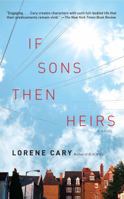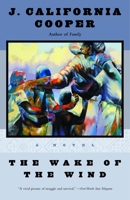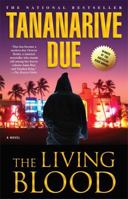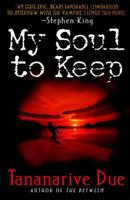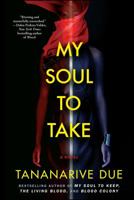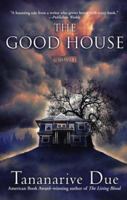You Might Also Enjoy
Book Overview
Customer Reviews
Rated 5 starsAfrican Immortals trilogy: recommended
Due tosses together vampiric creatures [super-strong, super-fast, super-smart, obsessed with blood and immortal: yeah, they're vampires], Christian faith, feminism, fate vs. free will and superheroes. The resultant rich and spicy mixture works. I credit much of her trilogy's power to Due's lean, muscular writing. The prose is quick but compentent in book 1, but it soon improves to swift, economical status by books 2 and 3...
0Report
Rated 5 starsThose Darn Wolde's!
There are some authors that others aspire to be like and others that we just bow down to because we know we cannot achieve that level of greatness. Ms. Due is both. Like the other reviewers I've been waiting for this book for a long time and was not disappointed. Without giving too much of the plot away, I'll just say I was never a fan of Jessica's and I wasn't a fan of Fana's, that is until this book. It is hard to...
0Report
Rated 5 starsThe kind of book that makes reading fun!
Upon opening the book I expected certain things. I expected darkness, horror with out equal, strong statements about race and racism, feminism, and mythology. I got all that I had asked for and more. Blood Colony takes the story of Fana, who was an infant(with power that nobody matched) in the Living Blood, and here she is coming of age. She is lonely, much as I imagine any make shift deity would be, even though she was...
0Report
Rated 5 starsExcellent!
Excellent. I loved it. It is rare that an author can write sequels and they are just as interesting and entertaining and thought provoking as the original. I just have two complaints. First, it was too short. Before I knew it, I was at the end, and the end surprised me. Secondly, I give the art work a 1 star. There is nothing about it that would make me pick up the book if I wasn't already familar with her. The only...
0Report
Rated 5 starsIt was worthe the wait !
I Have waited a very long time to read this book. I fell in love with Fana and the other characters from Living Blood and My Soul to Keep. As soon as i got this book, i was completly consumed with it.I finished it in two days. I felt as if i was with fana the whole time.This story was so intresting and kept me on my toes. I really hated to finish the book so fast because i didnt want the story to end. Fortunatly the story...
0Report










